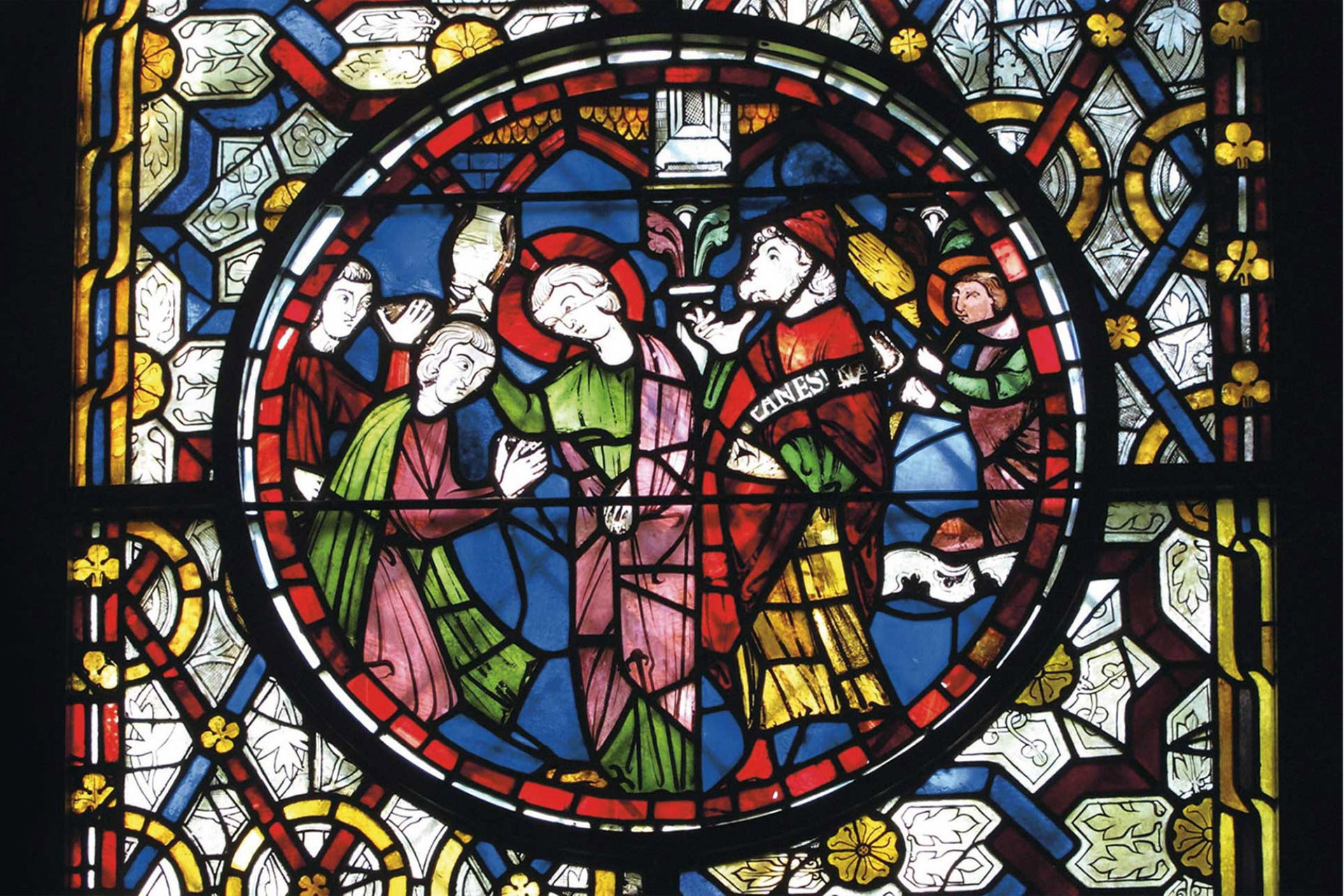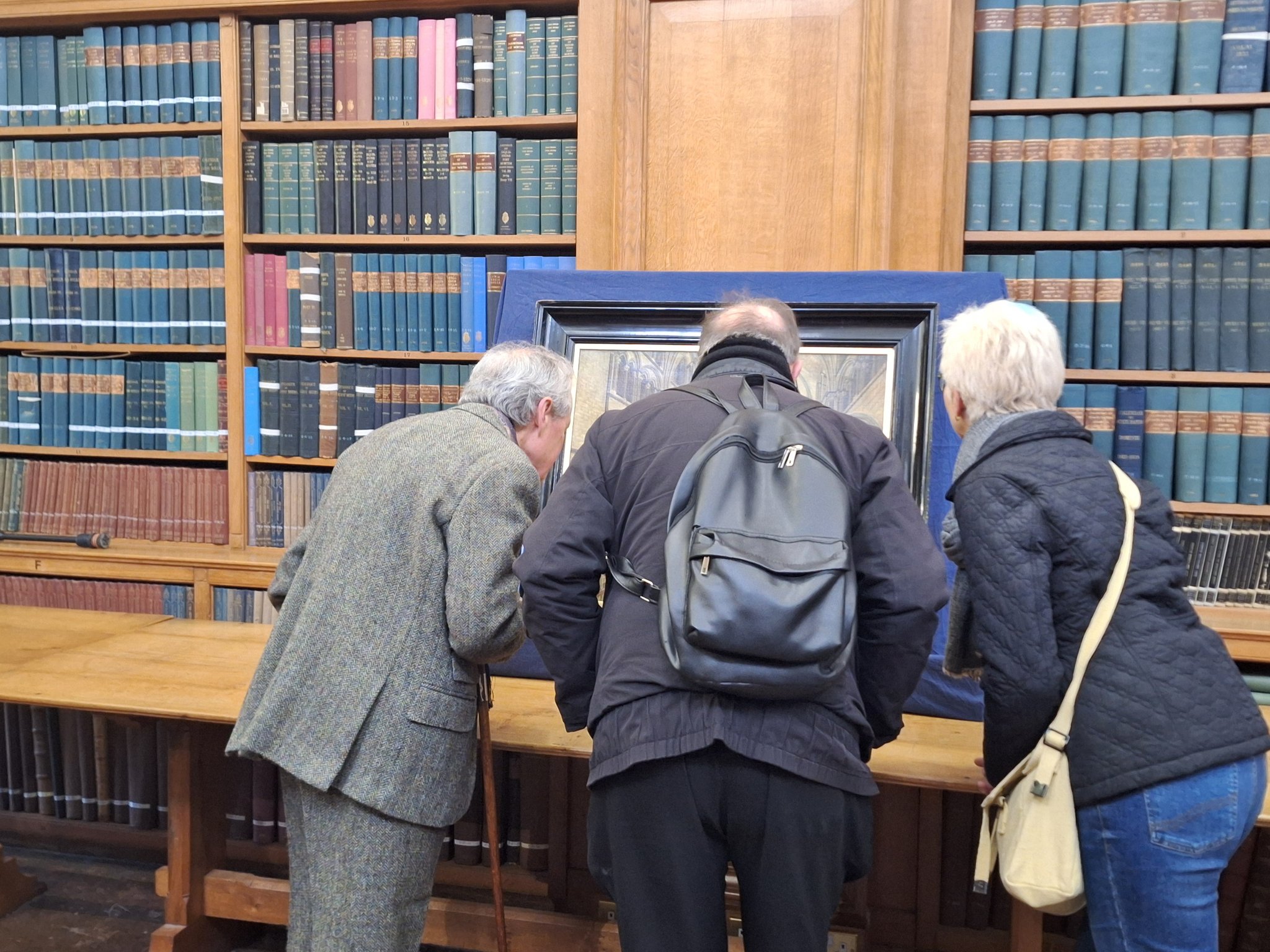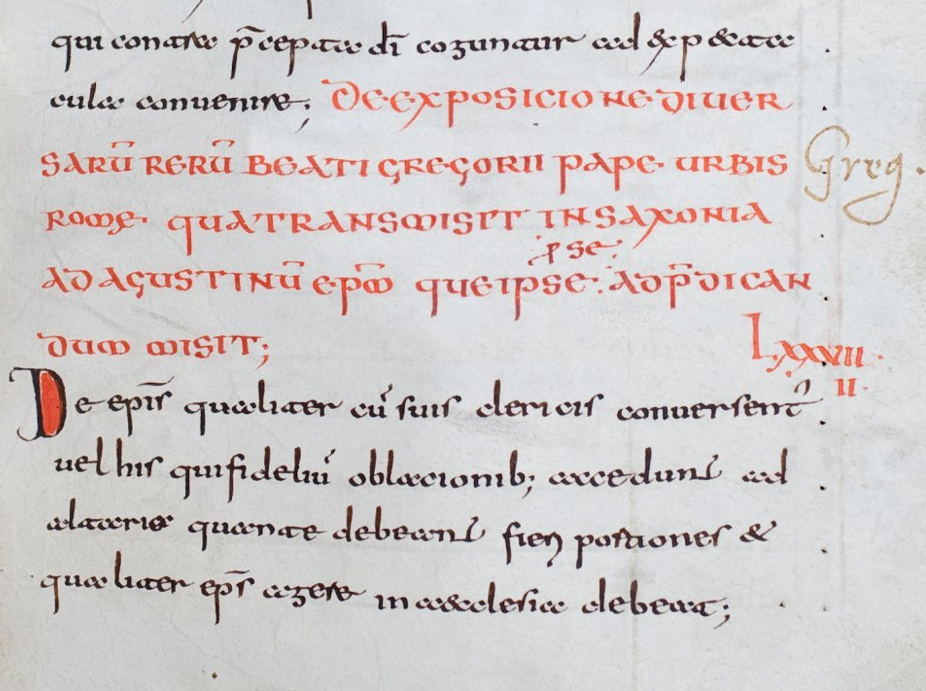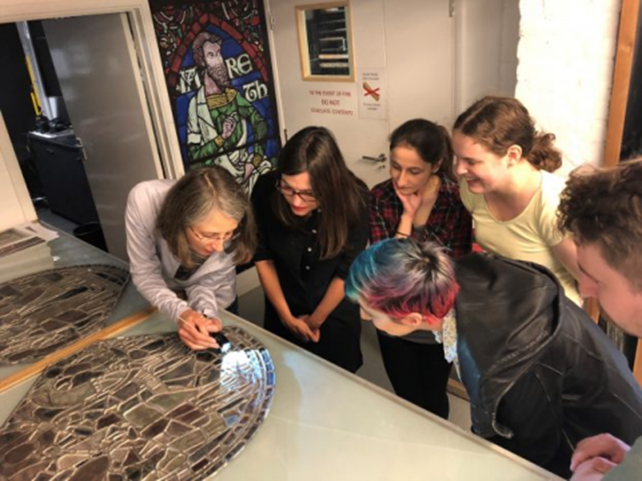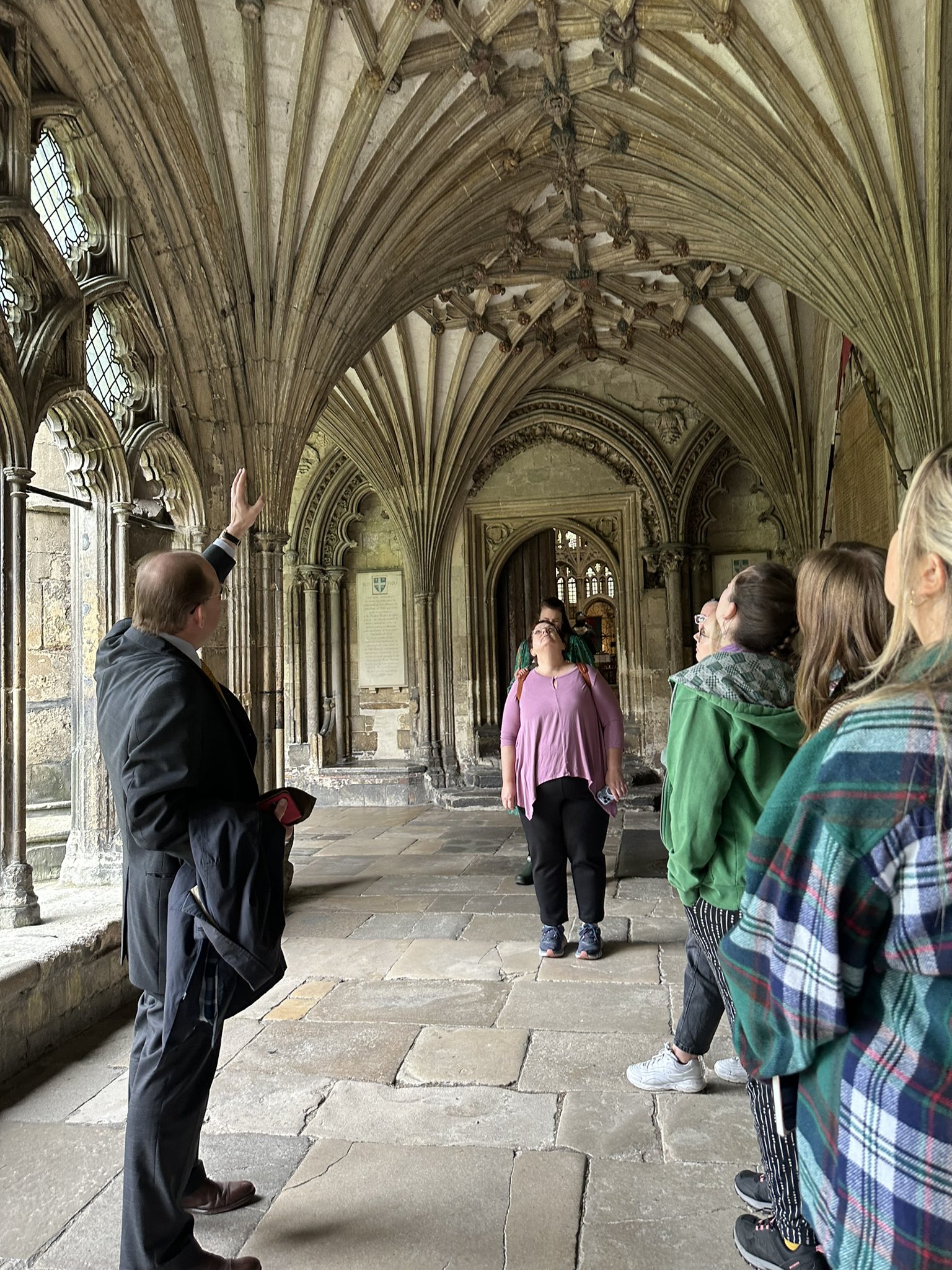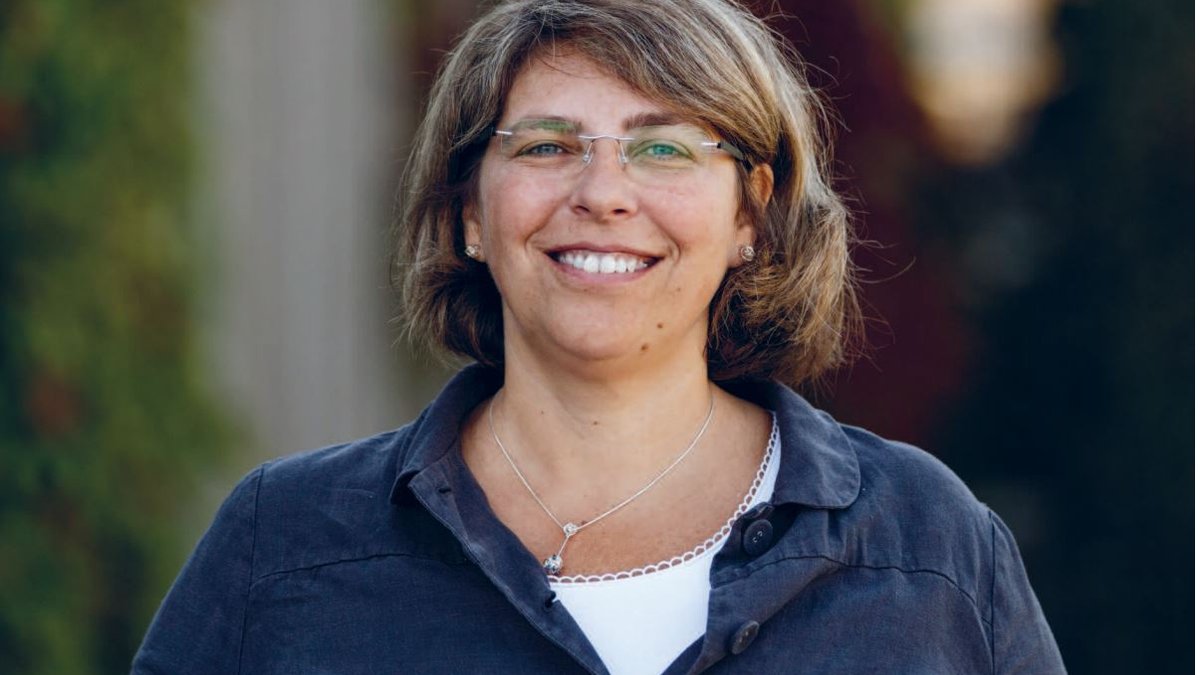On 7-13 July 2024, the University of Kent and MEMS will be hosting the 17th International Congress of Medieval Canon Law. Meeting every four years, … Read more
Category: MEMS Events
MEMSFest 2024 in review
Our annual PG-organised MEMSFest took place earlier this month. Rebecca Gaylord, MEMS MA student and conference co-organiser, looks back on the success of this year’s … Read more
Registration open for MEMSFest 2024
There are many highlights in the MEMS calendar but none more so than MEMSFest, the annual early-career conference organised by members of the MEMS graduate … Read more
Destruction in the Cathedral: PhD students report on the workshop
Ph.D researchers from the Centre for Medieval and Early Modern Studies and the School of History at the University of Kent, Amilia Gillies … Read more
MEMS Fest 2024 – announcing our new committee
We are delighted to announce our new MEMS Fest 2024 committee who will be running our 10th annual festival on Friday 14th and Saturday 15th … Read more
MEMS research seminars announced for spring 2024
We are delighted to announce the MEMS research seminar termcard for spring 2024! We have an excellent schedule of speakers lined up, and hope you’ll … Read more
University of Kent to host 17th International Congress of Medieval Canon Law, 7-13 July 2024
Next summer, the University of Kent will welcome the 17th International Congress of Medieval Canon Law to Canterbury, which will be held 7-13 July 2024. … Read more
Applications open for MEMS MA
Are you a final-year undergraduate who is keen to pursue further study? Does your passion lie in medieval or early modern studies, and you want … Read more
Welcome to the new 2023-24 academic year
We are delighted to be welcoming our new cohort of MA students as well as our new doctoral researchers into our MEMS community. Alongside the … Read more
Prof. Barbara Bombi FBA to be the 2023 Anselm Lecturer
The Centre for Medieval and Early Modern Studies is pleased to invite you to the final of the four public annual lectures that it organises. … Read more
